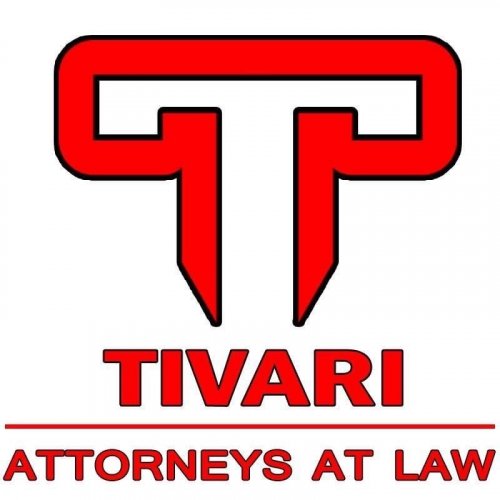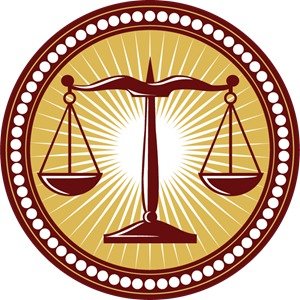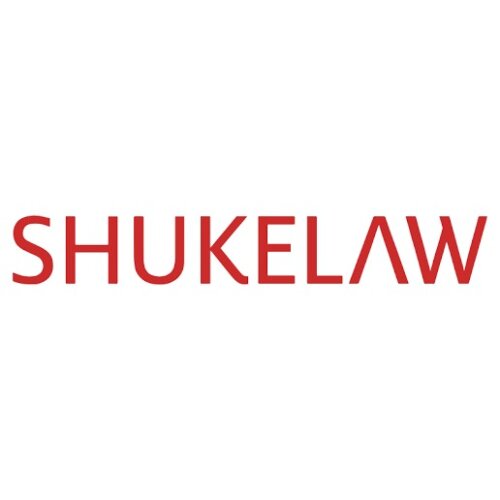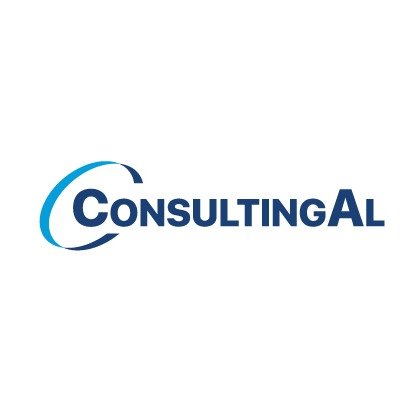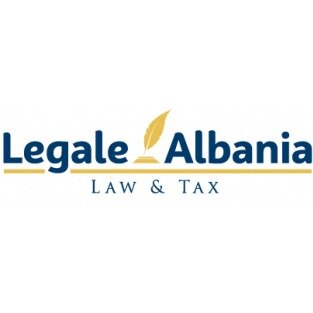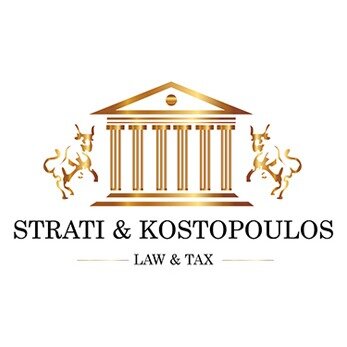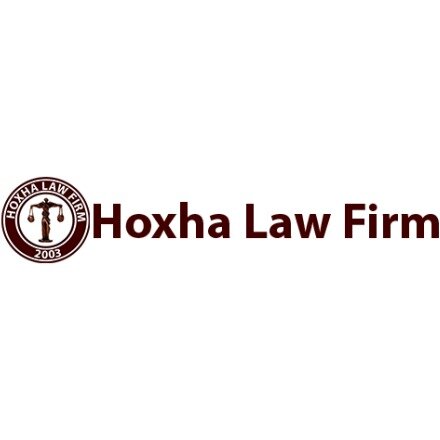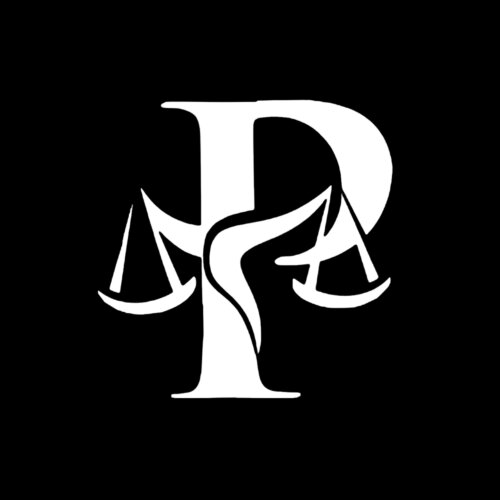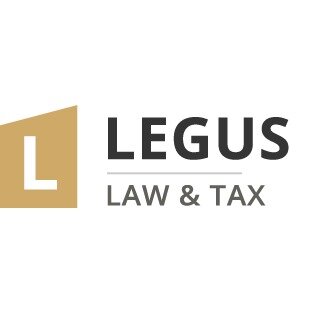Best Sanctions & Export Controls Lawyers in Tirana
Share your needs with us, get contacted by law firms.
Free. Takes 2 min.
List of the best lawyers in Tirana, Albania
About Sanctions & Export Controls Law in Tirana, Albania
Sanctions and export controls are important aspects of Albanian law, especially for individuals and businesses engaging in international trade or financial transactions. In Tirana, the implementation and enforcement of sanctions and export control regulations are influenced by both domestic legislation and Albania’s obligations to international bodies. Albania aligns with United Nations Security Council Resolutions, the policies of the European Union, and other international mandates even though it is not yet an EU member state. This framework is designed to prevent violations such as money laundering, terrorism financing, and the unauthorized export of sensitive goods or technologies.
Why You May Need a Lawyer
Legal advice in the field of sanctions and export controls can be crucial for several reasons. Common scenarios where a lawyer’s expertise is invaluable include:
- Understanding complex legal regulations that affect importing, exporting, or re-exporting goods and services
- Ensuring compliance with sanctions lists, embargoes, or restrictions imposed by Albania or international organizations
- Representing companies or individuals subject to investigations or enforcement actions regarding alleged violations
- Assisting with license applications or permits related to controlled goods or technologies
- Advising on due diligence processes for third parties to avoid inadvertent breaches
- Helping with the unfreezing of assets or seeking exemptions under specific circumstances
Lawyers can also guide you through audits, respond to government inquiries, and design internal compliance programs that minimize the risk of penalties.
Local Laws Overview
Albania’s legal framework regarding sanctions and export controls primarily stems from:
- The Albanian Criminal Code provisions dealing with embargo violations, terrorism financing, and related offenses
- Customs Code and associated regulations governing import and export activities
- Legislation adapting United Nations and European Union restrictions, especially regarding designated countries, companies, and individuals
- Sector-specific controls on the trade of military goods, dual-use items, and sensitive technologies
- Financial sector rules, including obligations for banks and institutions to report suspicious activities and freeze assets as required
Compliance is enforced by several government agencies, such as the Ministry for Europe and Foreign Affairs, the General Directorate of Customs, the Ministry of Defense, and the Bank of Albania. Violations can lead to significant fines, reputational damage, or even criminal prosecution.
Frequently Asked Questions
What are sanctions and export controls?
Sanctions are legal measures restricting trade, financial transfers, or other activities with specific countries, entities, or individuals. Export controls regulate or prohibit the transfer of certain goods, services, or technologies across borders.
Who must comply with sanctions and export controls in Tirana, Albania?
Both companies and private individuals engaged in international transactions, trade, or financial transfers must comply with Albanian and international sanctions and export control laws.
What countries or entities are subject to Albanian sanctions?
Albania typically aligns its measures with United Nations Security Council Resolutions and, to an extent, European Union sanctions and embargoes. Lists may evolve regularly, so it is vital to check the latest guidance.
Are there exceptions to sanctions and export controls?
Certain exceptions may apply, such as humanitarian aid or supplies of essential goods, but these require official authorization or licenses from the relevant authorities.
What are dual-use goods?
Dual-use goods are items, software, or technology that can be used for both civilian and military purposes. Their export is closely regulated in Albania to prevent misuse.
How are these laws enforced in Tirana?
Multiple agencies enforce compliance, including customs authorities, financial regulators, and law enforcement. They may conduct inspections, audits, and investigations if non-compliance is suspected.
What are the penalties for violating sanctions or export controls?
Penalties can range from administrative fines and seizure of goods to criminal prosecution, resulting in imprisonment or significant financial loss.
Can a business be impacted for actions by its partners or clients?
Yes. Companies have an obligation to perform due diligence on third parties. If a partner or client is linked to prohibited entities, the business may also be held liable for violations.
How can I confirm if a specific transaction is permitted?
You should consult updated restrictions and lists published by Albanian authorities or seek guidance from a lawyer specializing in this area, especially for high-risk transactions.
What should I do if I think I have breached sanctions law?
Seek legal advice immediately. Early legal intervention can assist with self-reporting, limit liability, and navigate interactions with authorities to reduce penalties.
Additional Resources
If you need more guidance, the following organizations and resources can be helpful:
- Ministry for Europe and Foreign Affairs of Albania - for official announcements and lists of sanctioned entities
- General Directorate of Customs - for regulations concerning import and export requirements
- Bank of Albania - for rules regarding financial sanctions and asset freezes
- Albanian Chamber of Commerce - often provides training and updates regarding compliance
- Professional legal associations in Tirana for referrals to qualified attorneys specializing in sanctions and export controls
Next Steps
If you believe you may be affected by sanctions and export controls regulations in Tirana, Albania, consider the following steps:
- Gather all relevant information about your intended transactions, business activities, or international partners
- Consult official publications or bulletins from Albanian authorities for updates on current sanctions or restricted goods
- Contact a lawyer with expertise in Albanian sanctions and export control law for an assessment of your compliance obligations
- Implement or review your internal policies to ensure ongoing compliance
- If under investigation or facing enforcement action, seek specialist legal advice immediately to understand your rights and options
Being proactive and well-informed is key to navigating the complex area of sanctions and export controls. A qualified legal professional in Tirana can help you understand your responsibilities, minimize risks, and protect your interests in this challenging legal landscape.
Lawzana helps you find the best lawyers and law firms in Tirana through a curated and pre-screened list of qualified legal professionals. Our platform offers rankings and detailed profiles of attorneys and law firms, allowing you to compare based on practice areas, including Sanctions & Export Controls, experience, and client feedback.
Each profile includes a description of the firm's areas of practice, client reviews, team members and partners, year of establishment, spoken languages, office locations, contact information, social media presence, and any published articles or resources. Most firms on our platform speak English and are experienced in both local and international legal matters.
Get a quote from top-rated law firms in Tirana, Albania — quickly, securely, and without unnecessary hassle.
Disclaimer:
The information provided on this page is for general informational purposes only and does not constitute legal advice. While we strive to ensure the accuracy and relevance of the content, legal information may change over time, and interpretations of the law can vary. You should always consult with a qualified legal professional for advice specific to your situation.
We disclaim all liability for actions taken or not taken based on the content of this page. If you believe any information is incorrect or outdated, please contact us, and we will review and update it where appropriate.




